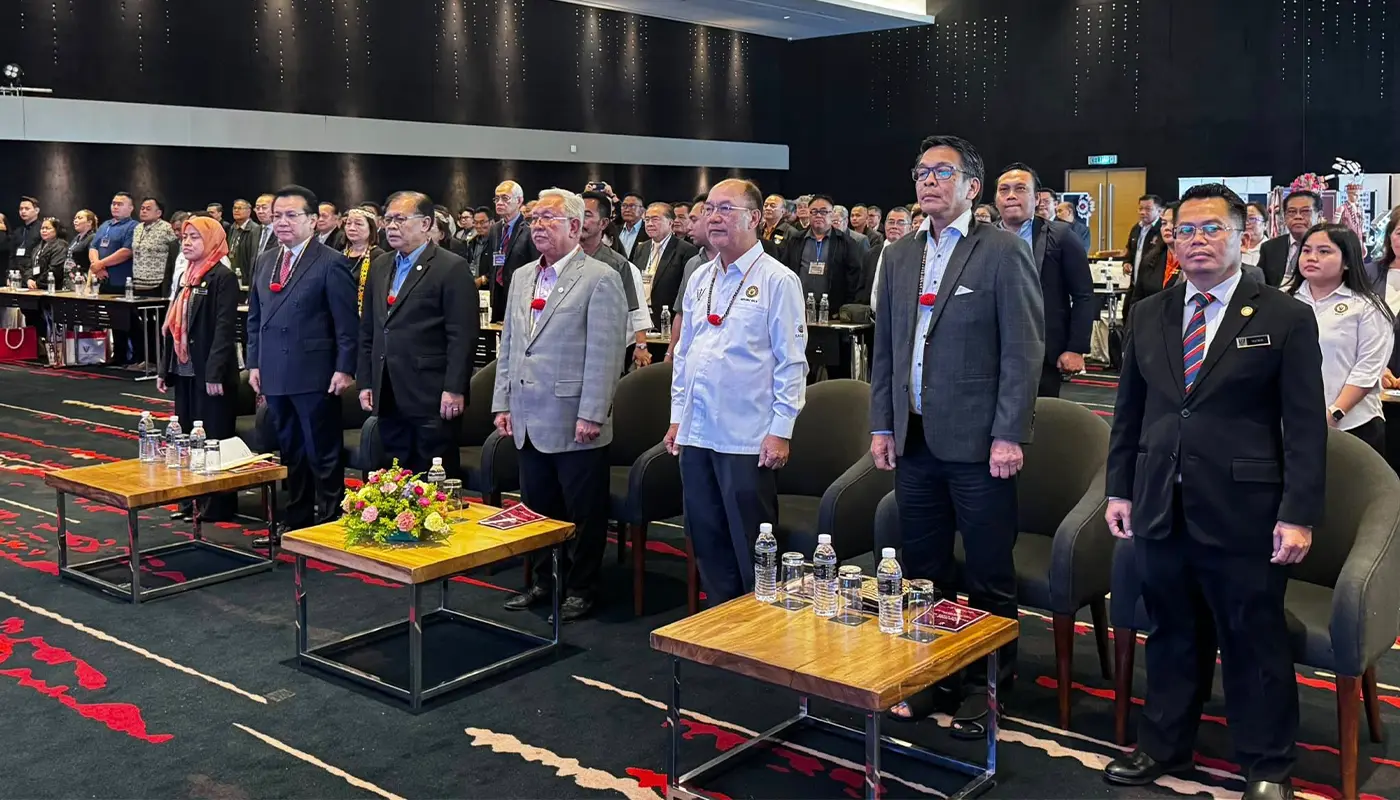MIRI – The Northern Zone Custom Seminar 2025 convened on Friday in Miri, examining the contemporary relevance of indigenous customs across Sarawak.
The two-day event was organised by the Sarawak Council for Native Customs & Traditions (MAIS) and drew hundreds of participants, including community leaders, government officials and local representatives.
During the seminar, presenters addressed a wide spectrum of customary practices: Iban Customs 1993, Bidayuh Customs 1994, Kayan-Kenyah Customs 1994, Bisaya Customs 2004, Penan Customs 2011 and Melanau Customs. These sessions underscored the diversity of Sarawak’s native heritage.
A significant portion of discourse focused on customary land management, particularly in light of amendments introduced under the Land Code (Amendment) 2018.
The seminar also broached the idea of evolving and systematising native custom in order to keep it responsive to present-day challenges.
One of the stated aims was to deepen public awareness of the purpose and authority of MAIS, emphasising how customary law can remain relevant amid rapid social change.
The closing ceremony was officiated by Dato Sri John Sikie Tayai, Minister in the Sarawak Premier’s Department.
He was joined by Datuk Jefferson Jamit Unyat (Deputy Minister for Bumiputera Law and Custom), Datuk Gerawat Gala (Deputy Minister for Labour, Immigration and Project Monitoring), and Dato Dennis Ngau (Telang Usan Assemblyman).
Also in attendance: Datu Ronnie Edward (MAIS Head), Mackos Sibong (MAIS Secretary) and Siti Rohanie Yusof, Miri District Officer acting on behalf of the Miri Division Resident.
During the address, Sikie Tayai highlighted efforts to enhance MAIS’s role in preserving Sarawak’s indigenous heritage.
He has in other forums championed initiatives such as the proposed Custom, Culture and Tradition Centre, which he described as a “timely strategic step” to render MAIS more systematic and impactful in cultural preservation.
This seminar represents part of a broader push, in tandem with governmental strategies, to bridge tradition and development, and to ensure that customary institutions continue to find relevance in contemporary governance.





